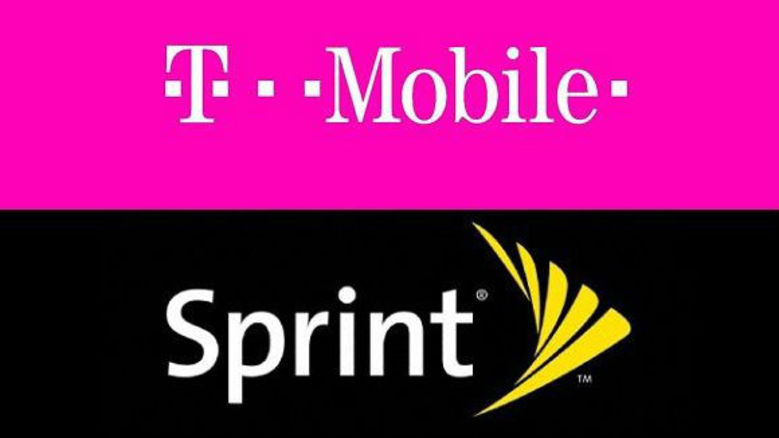FCC Officially Approves T-Mobile-Sprint Merger

The smarter way to stay on top of broadcasting and cable industry. Sign up below
You are now subscribed
Your newsletter sign-up was successful
The FCC has issued the text of its decision approving the merger of T-Mobile and Sprint.
That came in the form of a Memorandum Opinion and Order, Declaratory Ruling, and Order of Proposed Modification. The FCC modified some build-out requirements on Dish spectrum as part of the spin-off of the merged company's Boost Mobile prepaid operations to the satellite operator.
The FCC had already voted last month to approve the deal 3-2 along party lines, with the Republican majority finding that the merger "will help close the digital divide and advance United States leadership in 5G, the next generation of wireless connectivity."
But the the vote was not official until the item was released, which is what happened Tuesday (Nov. 5).
But even though the FCC and Justice have both signed off on the deal, the merger won't close until at least next month at the earliest. The companies have pledged not to consummate the merger until the resolution of a legal challenge to the deal by a number of states.
Per the deal conditions, "T-Mobile and Sprint have committed within three years to deploy 5G service to cover 97% of the American people, and within six years to reach 99% of all Americans," the FCC said. "This commitment includes deploying 5G service to cover 85% of rural Americans within three years and 90% of rural Americans within six years."
The Trump Administration is focused on winning the race to deploy 5G.
The smarter way to stay on top of broadcasting and cable industry. Sign up below
They have also pledged to make 100 Mbps speeds available to 90% of Americans and at least 50 Mbps to 99% within six years, with two thirds of rural residents having access to 100 Mbps and 90% to 50 Mbps.
90% of Americans would have access to mobile service with speeds of at least 100 Mbps and 99% of Americans would have access to speeds of at least 50 Mbps. This includes two-thirds of rural Americans having access to mobile service with speeds of at least 100 Mbps, and 90% of rural Americans having access to speeds of at least 50 Mbps.
The FCC has pledged to enforce that condition, including via an independent third-party overseeing the conditions. If they do not meet the buildout or speed conditions, the company could pay up to two $2 billion in penalties.
The FCC concluded that the deal would enhance competition, including by the Boost Mobile spin-off to Dish.
The modifications to the Dish deadlines were to implement the Justice Department's requirement of the spin-off, which is meant to help Dish eventually become a new facilities-based competitor in 5G.
Contributing editor John Eggerton has been an editor and/or writer on media regulation, legislation and policy for over four decades, including covering the FCC, FTC, Congress, the major media trade associations, and the federal courts. In addition to Multichannel News and Broadcasting + Cable, his work has appeared in Radio World, TV Technology, TV Fax, This Week in Consumer Electronics, Variety and the Encyclopedia Britannica.

